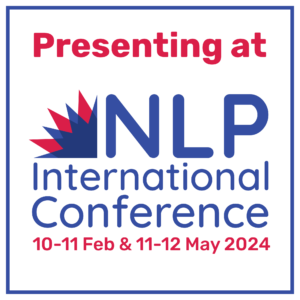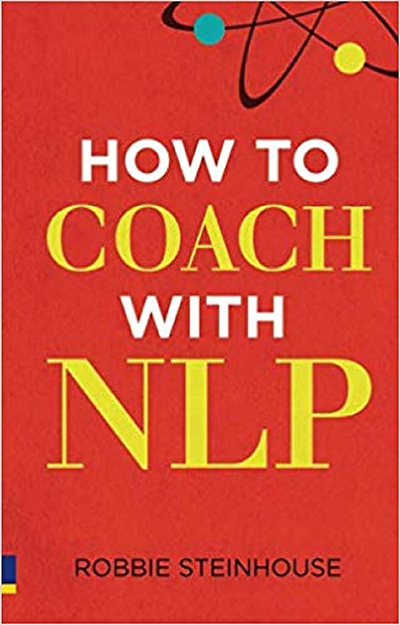What characteristics make for someone having a happy and successful career?
This question of what characteristics make for a successful and happy career is simple, but not simplistic: it is probably the most important question we need to ask of ourselves. For me, the answer comes in NLP’s essential approach to archetype psychology.
Archetypes have existed throughout human history in storytelling – the fight between good and evil is the most obvious one. However, it is often best to frame this as the fight between our positive qualities and our response related to our greatest fears – our positive archetypes and our challenging shadows.
But how can all this be useful in life?
Here is an example: I often find my coaching clients worry about being aggressive at work, and dislike leaders who have been aggressive to them. They therefore find it difficult to clearly express their needs and elegantly say, “no.” when they are promoted into a senior role.

However, labelling leaders as ‘aggressive’ is not seeing that such behaviour comes from that leader’s shadow – it is not to be confused with the archetype of grounded strength.
Indeed, a leader who is powerful and passionate, will sometimes shade over into expressing themselves in an overly intense and aggressive way. They therefore need to develop an internal boundary, to learn the importance of containment. But not to feel ashamed of their aggression, they need to see this as the naturally occurring shadow resulting from the gift of their power.
Likewise, a person who is empathetic, who connects well with others, can feel ‘walked all over’ and will therefore need to develop an external boundary, so they learn the importance of expression, rather than bottle it up and eventually explode!
Interestingly, in both the above cases the behaviour is the same: aggression – which alienates people and creates a culture of fear.
An additional point on the empathetic leader – they conversely need to learn not to feel ashamed of feeling like a victim, but to see this as the naturally occurring shadow resulting from the gift of their empathy.
I have seen leaders that come in ‘all shapes and sizes’ – some more forceful, some more empathetic. I don’t believe that one is better than the other for a lasting career: if you are not strong you will not be respected; but if you are not empathetic, you will not gain loyalty – both are needed.
The key point is not to change who you are but learn to embrace the part of you that is less developed. Learning to perform in this way enables you to be more flexible – this can change the course of your career if you make the ‘right choice’ during a handful of high-stakes encounters.
But how do you do all this in the heat of the moment? In my view, it is the ability to know yourself sufficiently well so you can move in the opposite direction to your habitual reactions. It is the ability to enter a ‘space’, before you react, when you are under stress. In this space you can choose to contain yourself and wait for a time to communicate when you have calmed down; alternatively, you can choose to express yourself, especially to prevent others from bullying you.
However, the answer to the question of what characteristics can lead to this is humility and perspective – the ability to put your values ahead of your ego, so you allow yourself this choice, rather than rationalising your mistakes because your emotions got heated up.
My own approach is to generally remove myself from conflict, but also to know that sometimes a show-down is needed right now. It is not always easy to know which to choose.
My last comments come from a famous coach I worked with called Lois Evans. She said, “Allow yourself a 15% F***-up factor!” We can’t always make the right choice, but hopefully we can reduce the 15% as we become older and wiser.
I cover this material more extensively in our forthcoming Advance Coaching course when I teach my own archetype model, The Leadership Matrix from my book Mindful Business Leadership. This model is not just useful in business, but in any leadership context from public sector to families.
Did you like this post?
Then check out our events and c
ourses!
Sign up to our on demand e-learning!
Where to find us
For posts, events, free open days and more, follow NLP School on:
Where to find Robbie
Twitter: @RSteinhouse
LinkedIn: Robbie Steinhouse










